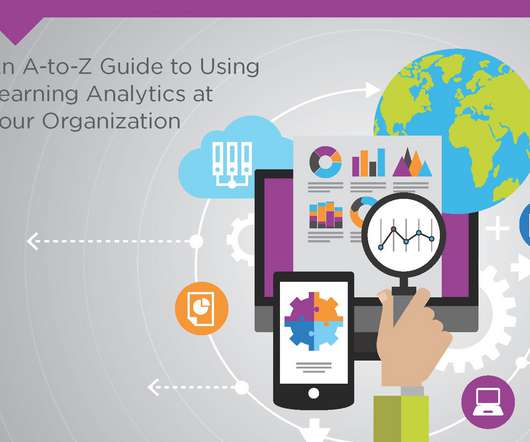Get your eLearning activities available without internet connection thanks to an Offline training platform
Paradiso
OCTOBER 8, 2018
Offline training platform Features: Run these activities offline: File. The post Get your eLearning activities available without internet connection thanks to an Offline training platform appeared first on Paradiso eLearning Blog. Assessment (Quiz). Assignment. SCORM courses.


































Let's personalize your content